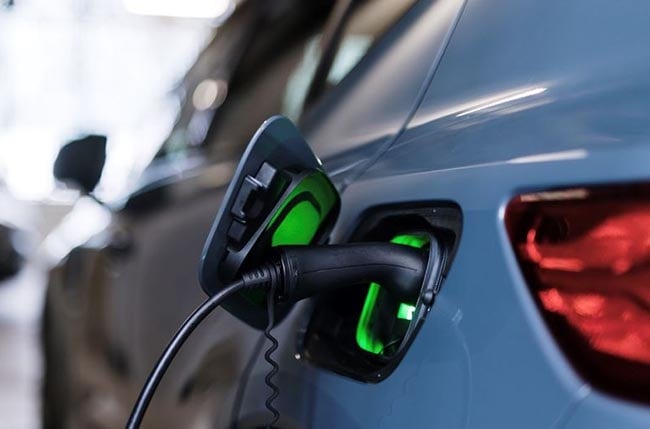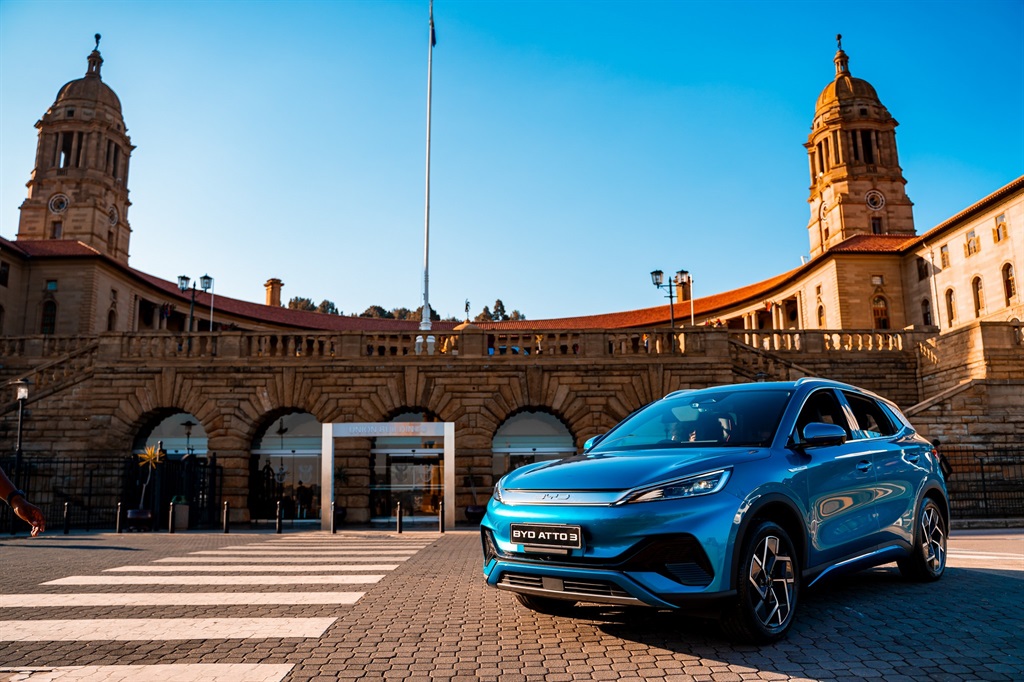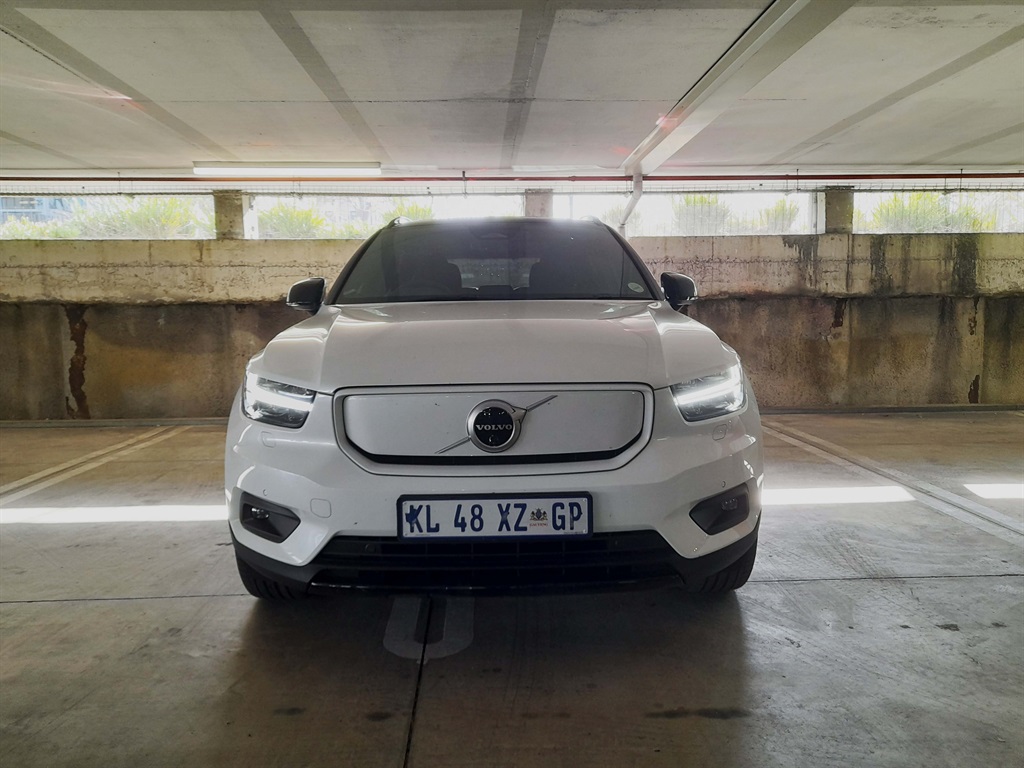If you're under the impression electric vehicles (EVs) are a recent innovation, brace yourself for a (very brief) history lesson. While historians can't seem to agree on precisely who was the first to build a fully functional electric car, it's generally accepted that the initial working models debuted as far back as the early 1800s.
Of course, that means the EV predates the conventional internal combustion engine (ICE) car. So, what caused the decline in popularity of these early electric models? Well, once conventional petrol-powered (and later diesel-driven) cars had reached a certain level of sophistication, they were both faster and offered significantly better range than the rudimentary EVs of the era.
Furthermore, fuel became more readily available (while charging facilities were comparatively few and far between), and the electric starter motor was invented, which eventually saw the annoying need to hand-crank ICE vehicles fall away entirely.
What has led to the EV renaissance being experienced today?
In addition to environmental concerns (centring on fossil fuels and tailpipe emissions), the industry has made substantial technological strides since those early days. Lithium-ion batteries, for instance, boast markedly improved energy-storage capacities, resulting in increased range and impressive acceleration courtesy of likewise advanced electric motors.
Gone are the days of EVs saddled with short ranges
The Volvo XC40 Recharge Twin Motor AWD Ultimate, for example, can travel up to 418km on a single charge, thanks to its compact 78kWh battery pack. And gone are the days of slow EVs, too. Tesla, for instance, today offers a family crossover (with up to seven seats) in the form of the Model X that's capable of seeing off the 0-100km/h sprint in a supercar-smashing 2.6 seconds.
The BYD Atto 3 also launched in South Africa earlier in June. There's a standard variant with a 50.1kWh battery pack and an extended-range derivative employing a 60.4kWh item (with claimed single-charge ranges of 320km and 420km, respectively).
In either case, power comes from a front-mounted electric motor generating maximum outputs of 150kW and 310Nm. Pricing for this model is R768 000.
Battery prices are improving
In addition, the price of batteries continues to fall, rendering EVs increasingly accessible and making the technology more and more likely to be adopted by mainstream consumers. As one of South Africa's most affordable EVs, the new Volvo EX30 is a good example of an electric car priced in line with – or arguably even more competitively than – an equivalent ICE with a starting price of just R775 900.
As a result of these factors and the increased adoption of this technology overseas, local sales of fully electric vehicles are growing, though admittedly off a low base. According to the National Association of Automobile Manufacturers of South Africa, for instance, just 58 EVs were sold in South Africa in 2018, though that number increased to 502 units in 2022. EVs are set for a further rise in 2023, with 232 units sold locally in the opening quarter alone.
The future of electric cars in South Africa looks fully charged with success.




 Publications
Publications
 Partners
Partners















